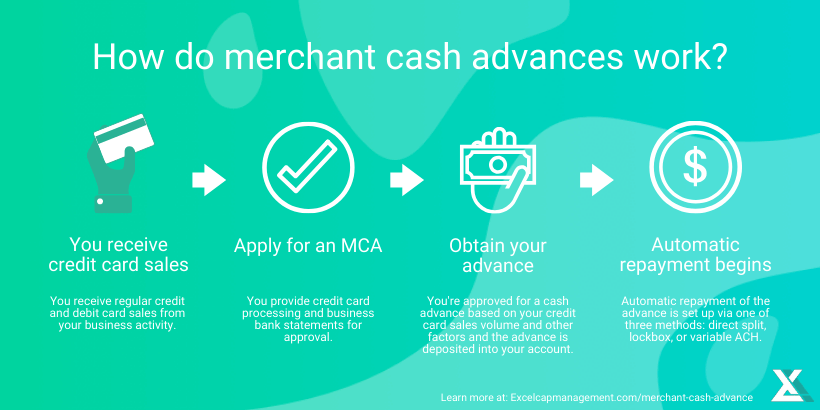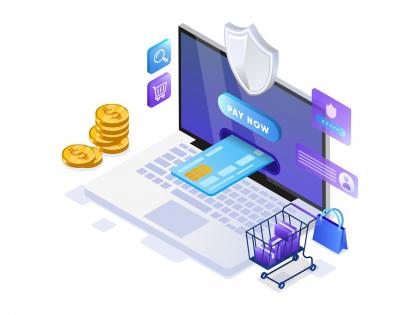
Understanding “Free” POS Systems and Their Hidden Costs
In the world of business, few things come without strings attached. The allure of “free” POS systems is tempting, but understanding the nuances behind such offers can save businesses from unexpected expenses and disappointments down the road.
It's essential to discern between genuinely free offerings and those that may carry hidden costs. For instance, while some companies might provide a no-cost version of their software, the features could be so limited that it becomes nearly unusable without upgrading to a paid version.
Moreover, the concept of “free” becomes a bit more convoluted when we delve into the hardware realm. Sure, a POS software might come at no additional charge when signing up with a specific merchant service provider, but this often doesn’t include the physical hardware required to run the system.
Most companies are not altruistic entities but are in business to make a profit. This means that when something is given away for free, there's usually an underlying financial strategy in play.
For POS systems, one of the more common practices is to recover costs through higher credit card processing fees. While you might not be paying directly for the software or even the hardware, you could end up spending more in the long run due to inflated transaction fees. It’s imperative for businesses to scrutinize the fine print of any “free” POS system offer and calculate the long-term costs.
It's not just increased card processing fees that you will pay in order to make up for the cost. It's the fine print. The companies you sign with need to make sure you stay with them long enough to recoup the costs. One of the major ways is something called "Liquidated Damages". This is a nastier version of a ETF, or cancellation fee. But this one isn't a flat fee. It takes the revenue the company earns each month and multiplies it times the number of months remaining in your contract.
For example, let’s say you’re locked into a five-year contract with a credit card processor. You decide that you want to cancel your contract after three years, but the merchant agreement has a liquidated damages clause. If your average monthly processing fees are $5,000, then the processor takes the average and multiplies it by the remaining 24 months on the contract.
In this scenario, you’d owe $120,000 in liquidated damages.
In the dynamic landscape of business operations, a POS system plays a pivotal role. While the allure of a free system can be enticing, it's essential to look beyond the surface. Understand the differences between POS software and systems, be wary of hidden costs, and ensure that any system you consider aligns with your business's needs. After all, in the business world, knowing the full cost of a decision is always better than being caught off-guard by unexpected expenses.
Be careful out there and get with the right partner with the experience to know what small businesses need. Reach out to me directly at the number below or schedule a zoom if you need help or just need a free consultation.



Proudly created with SemanticsMarketing.com